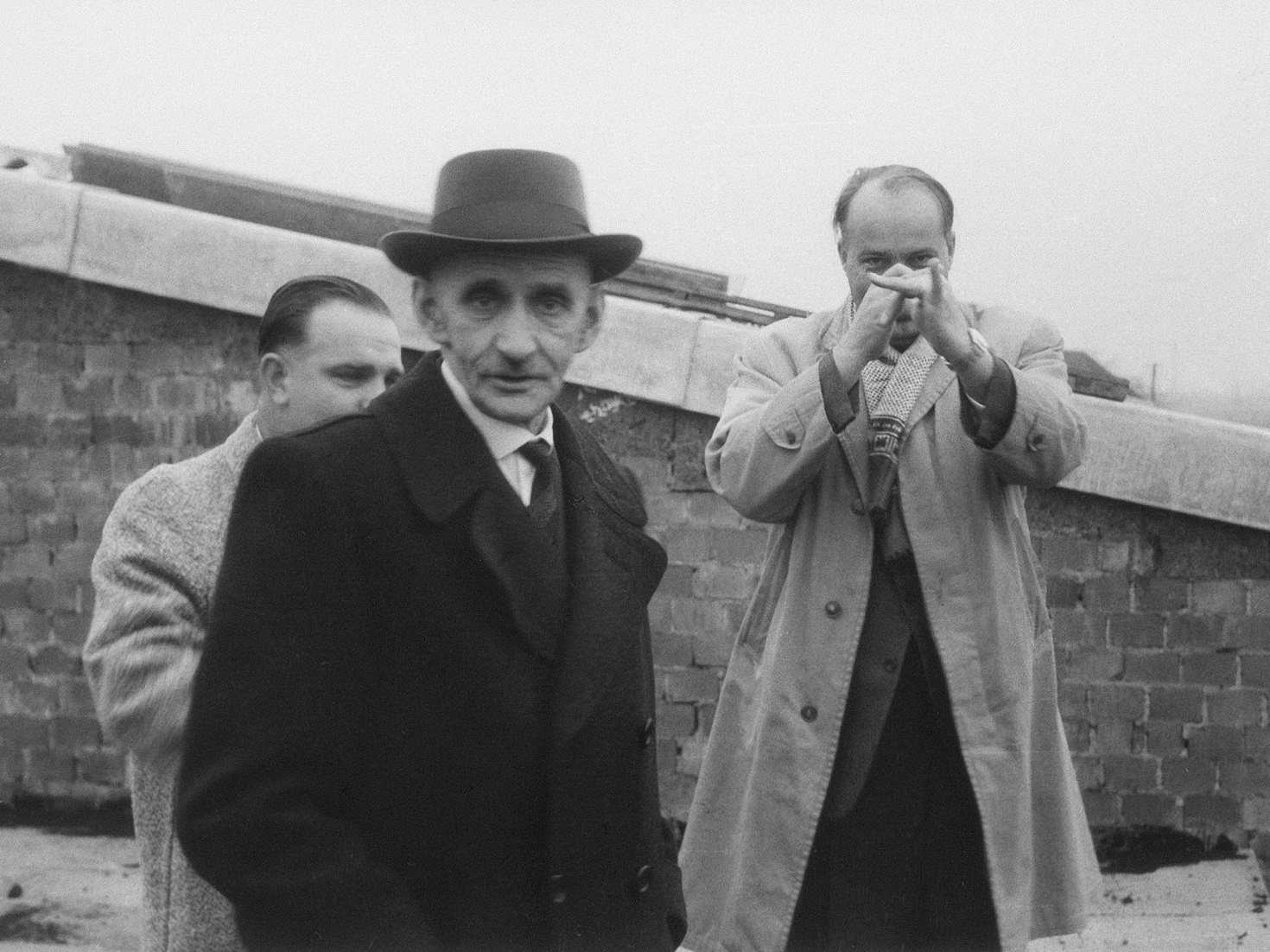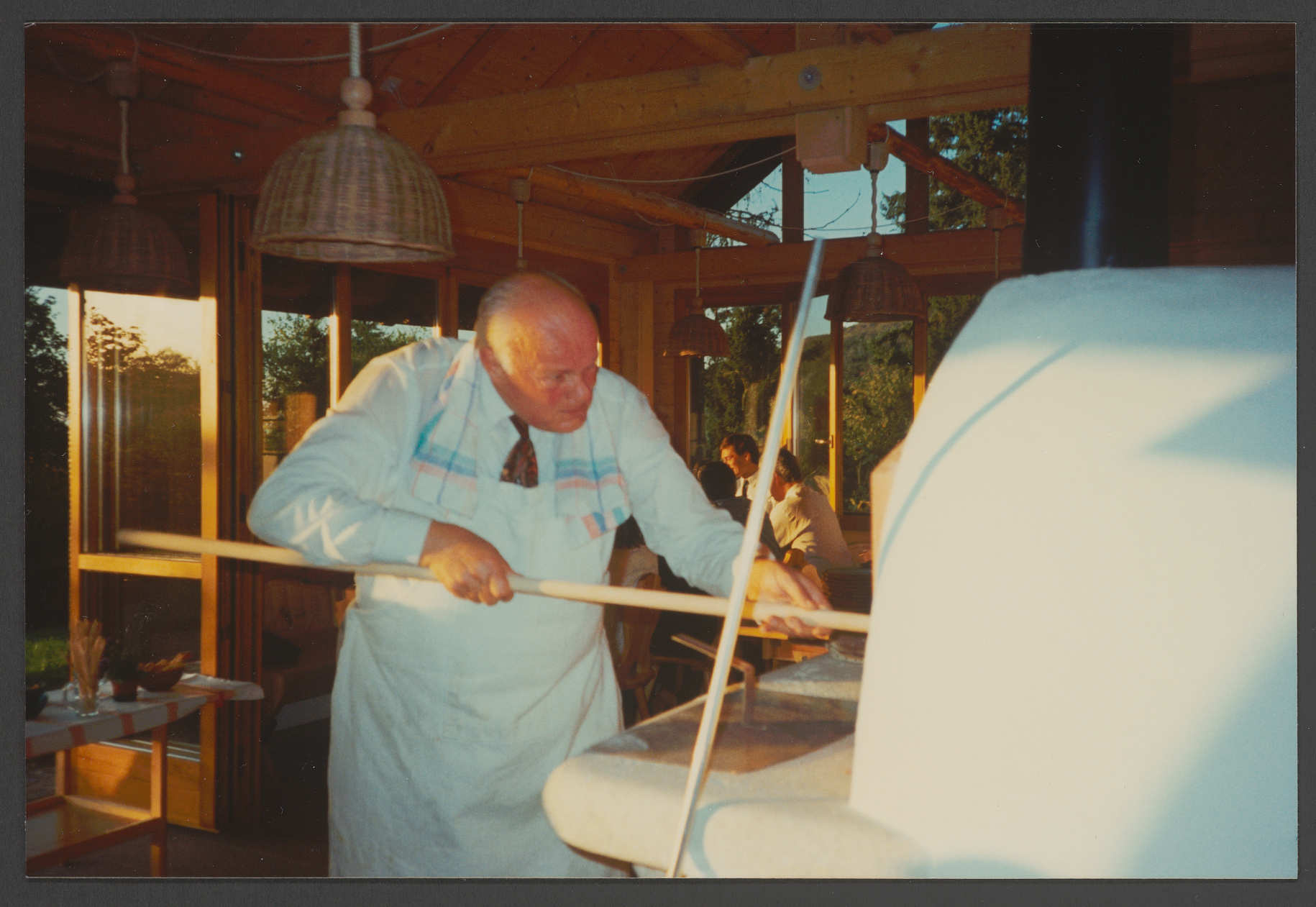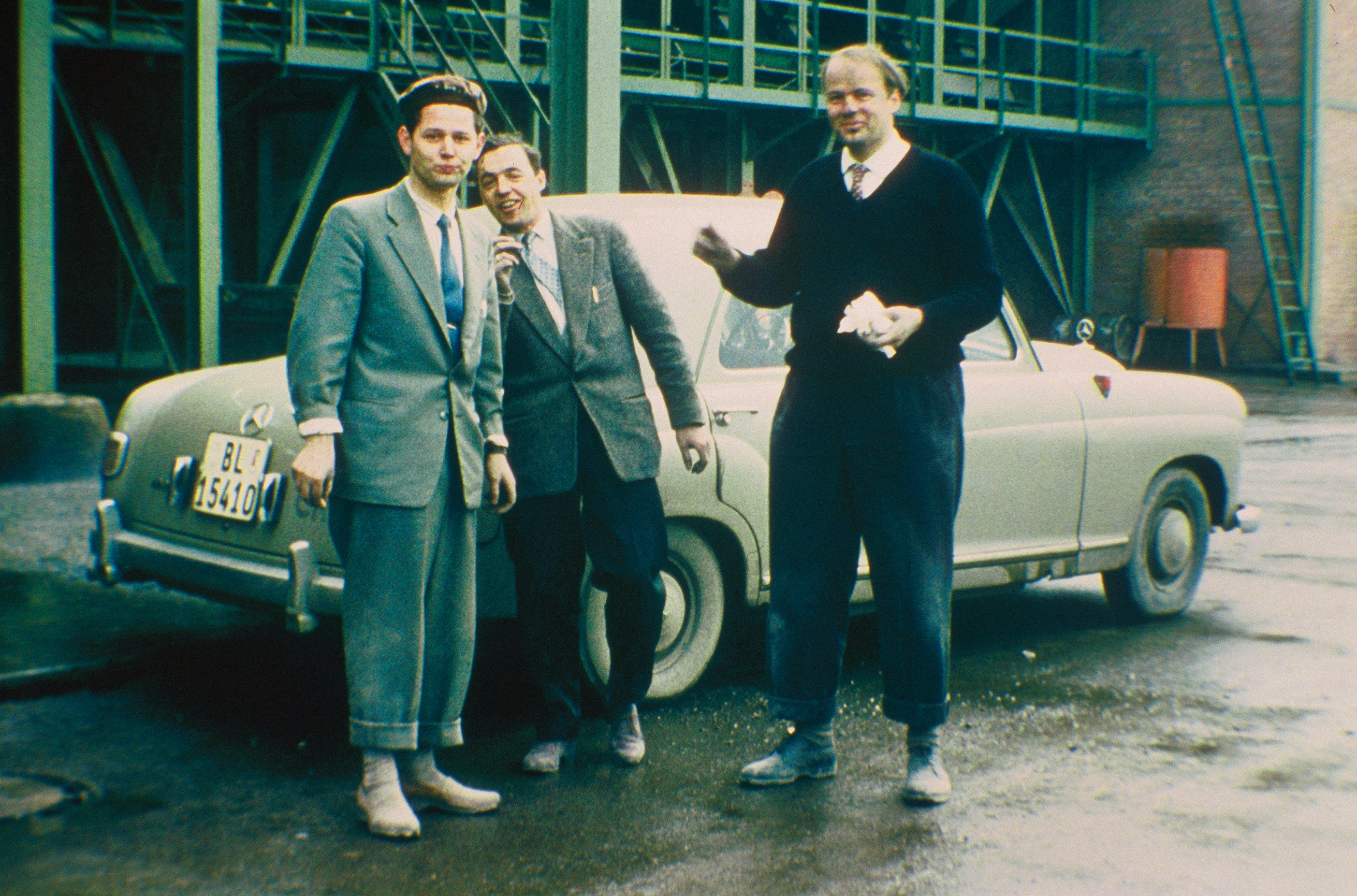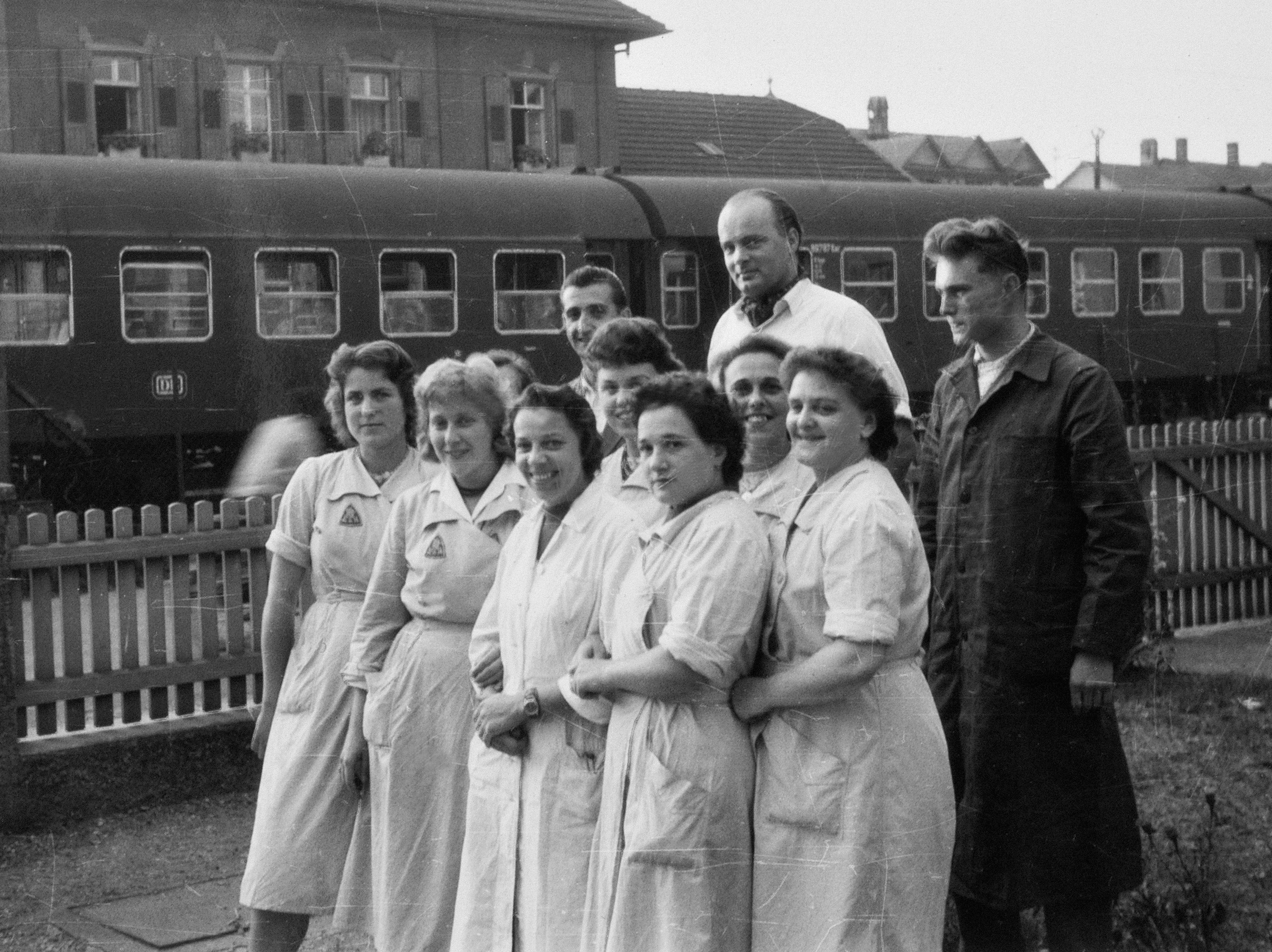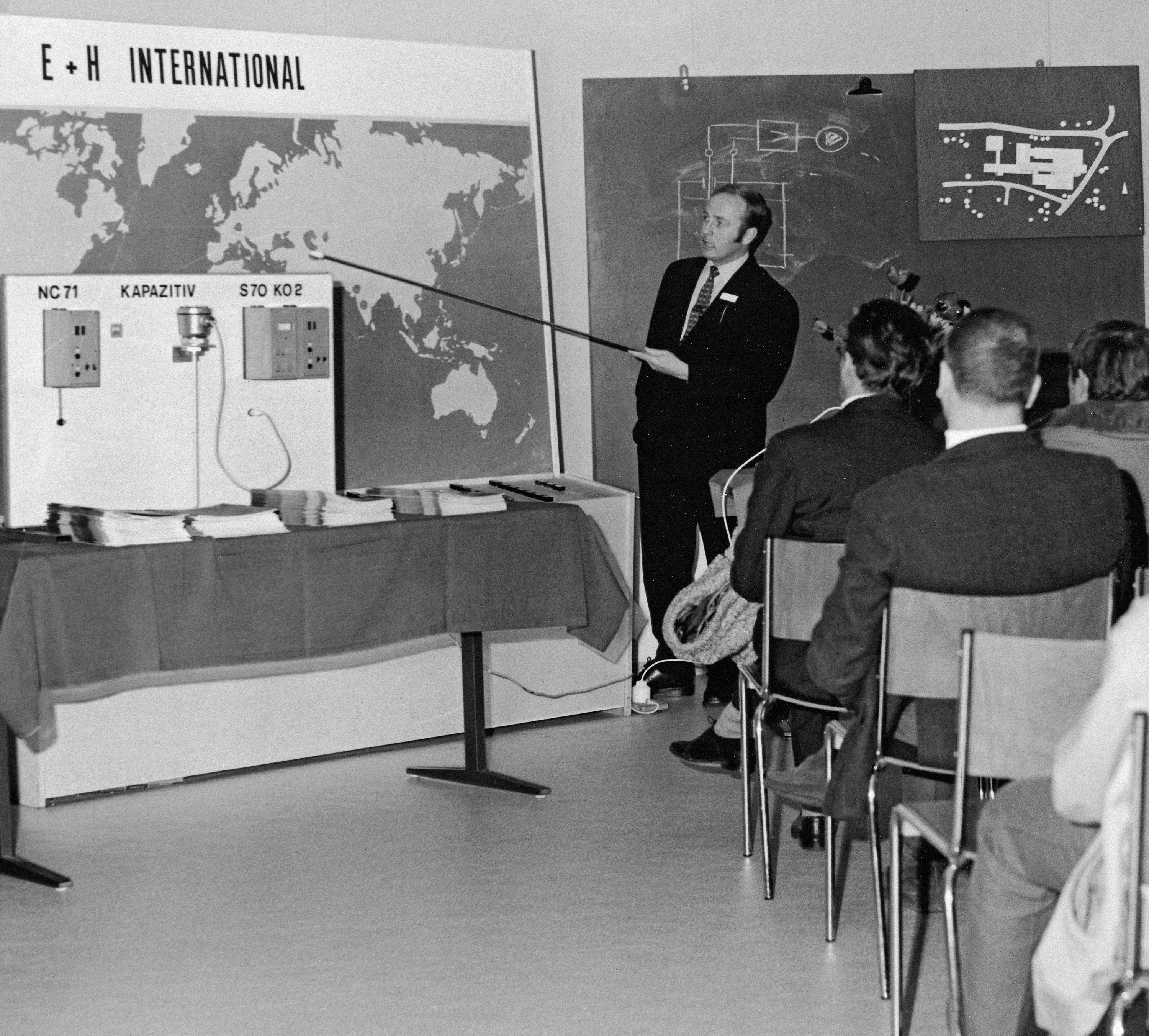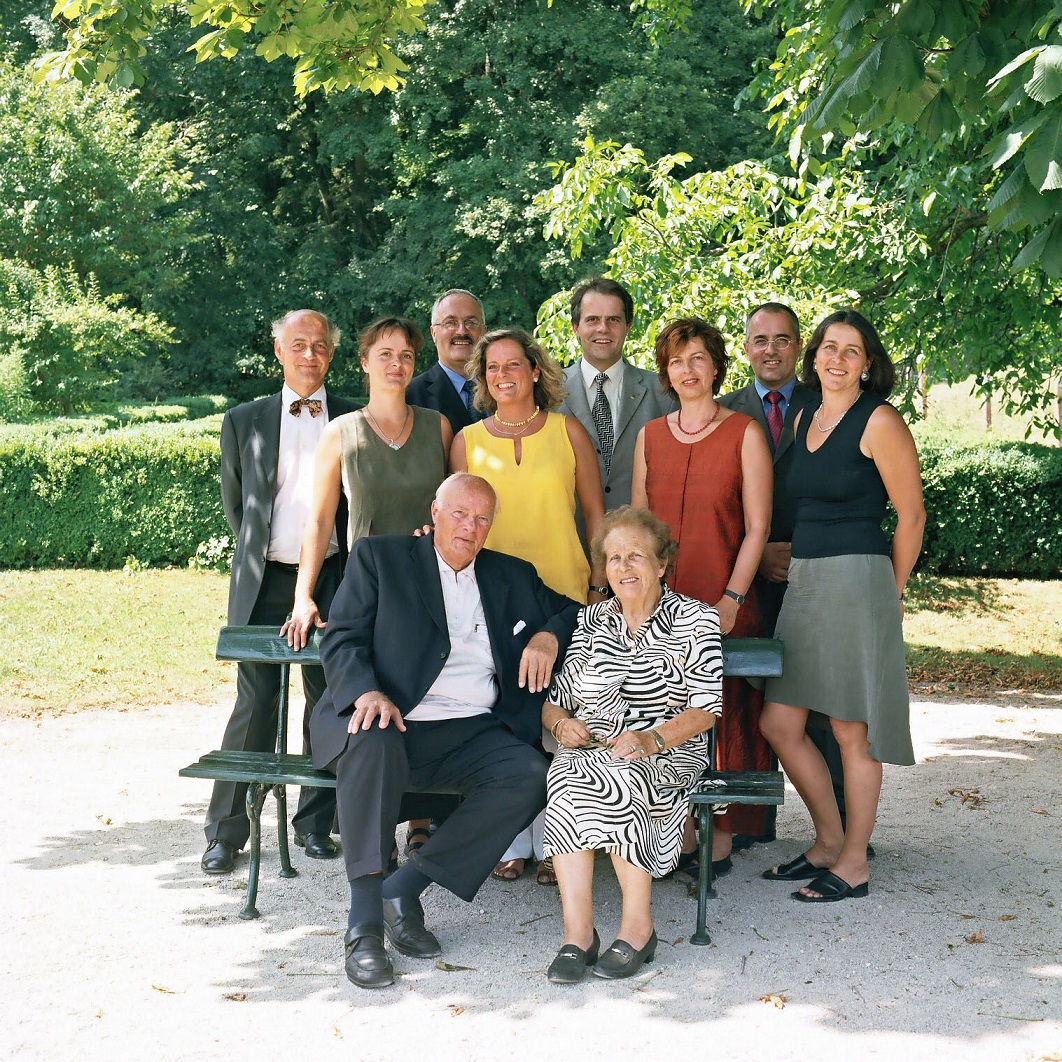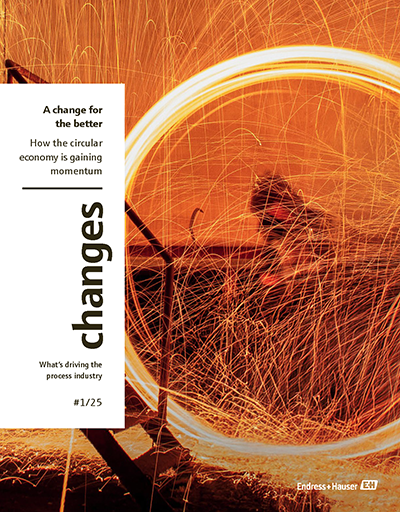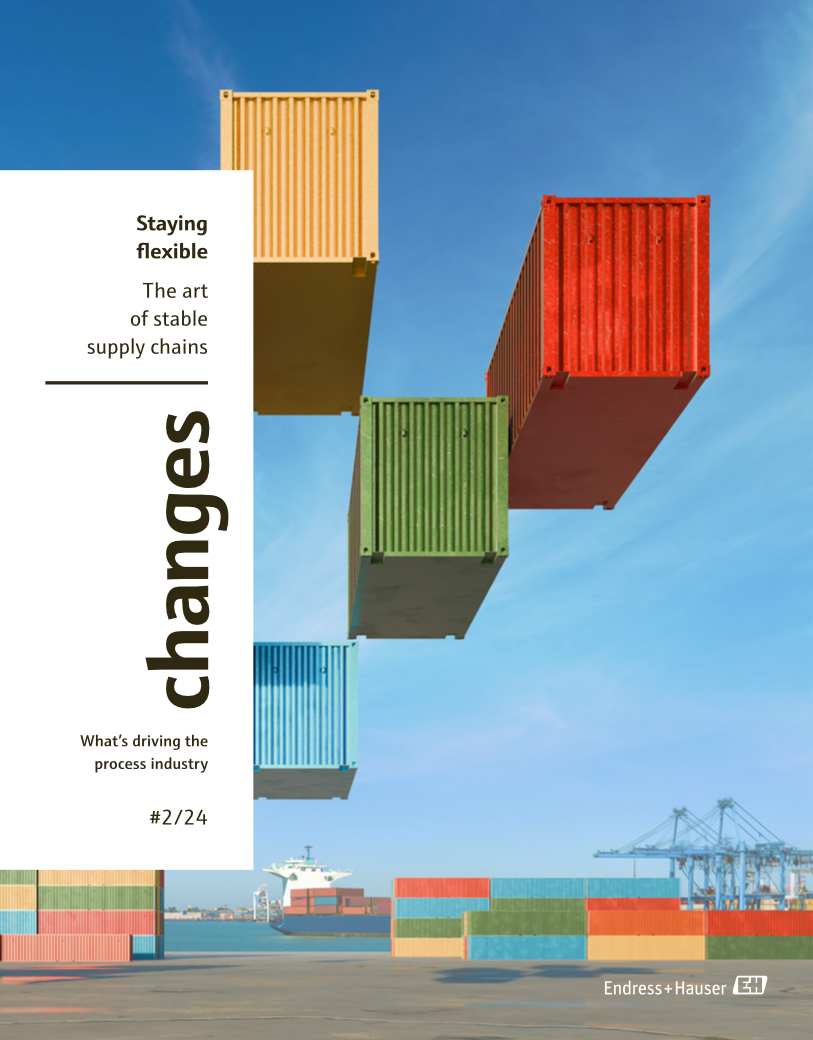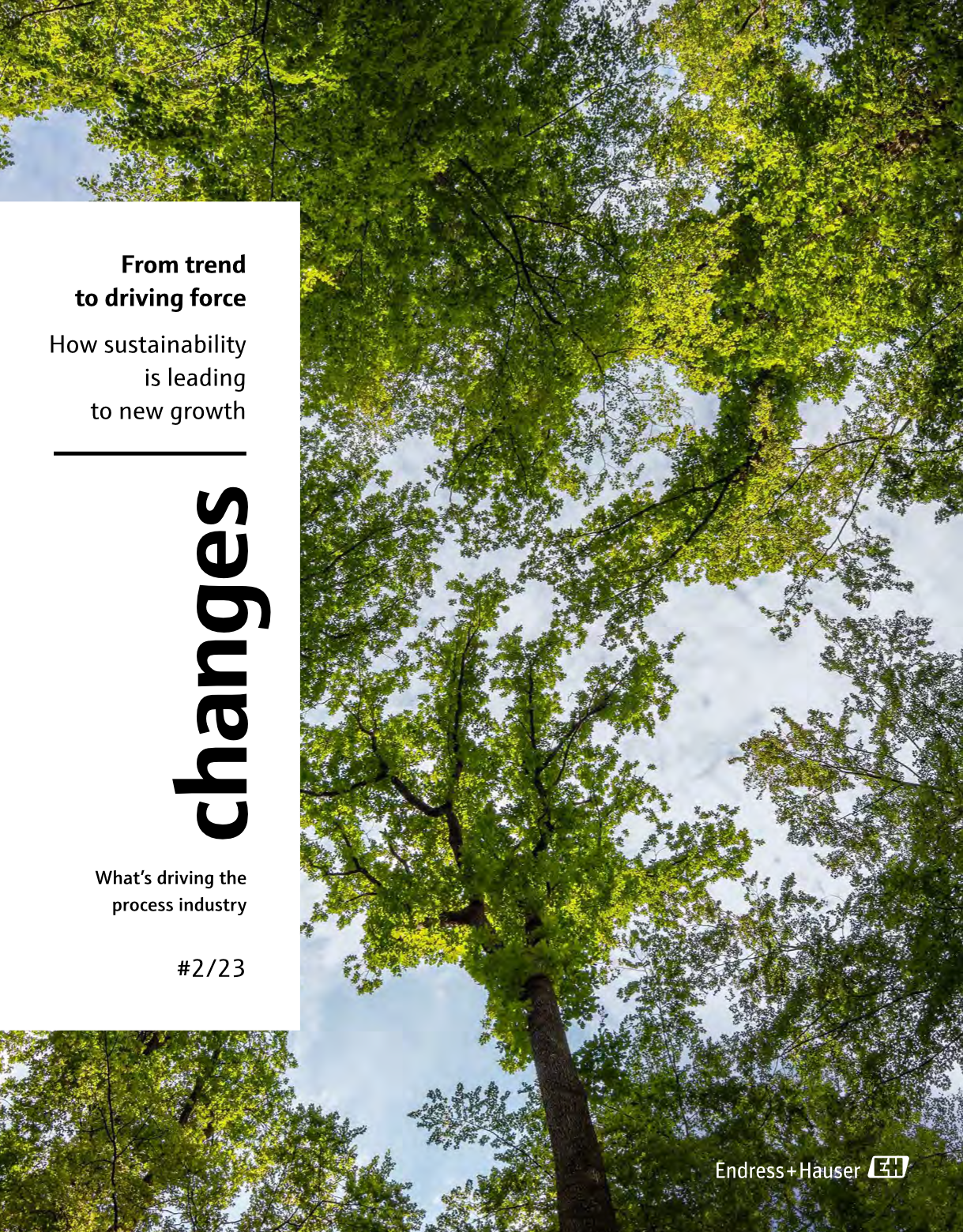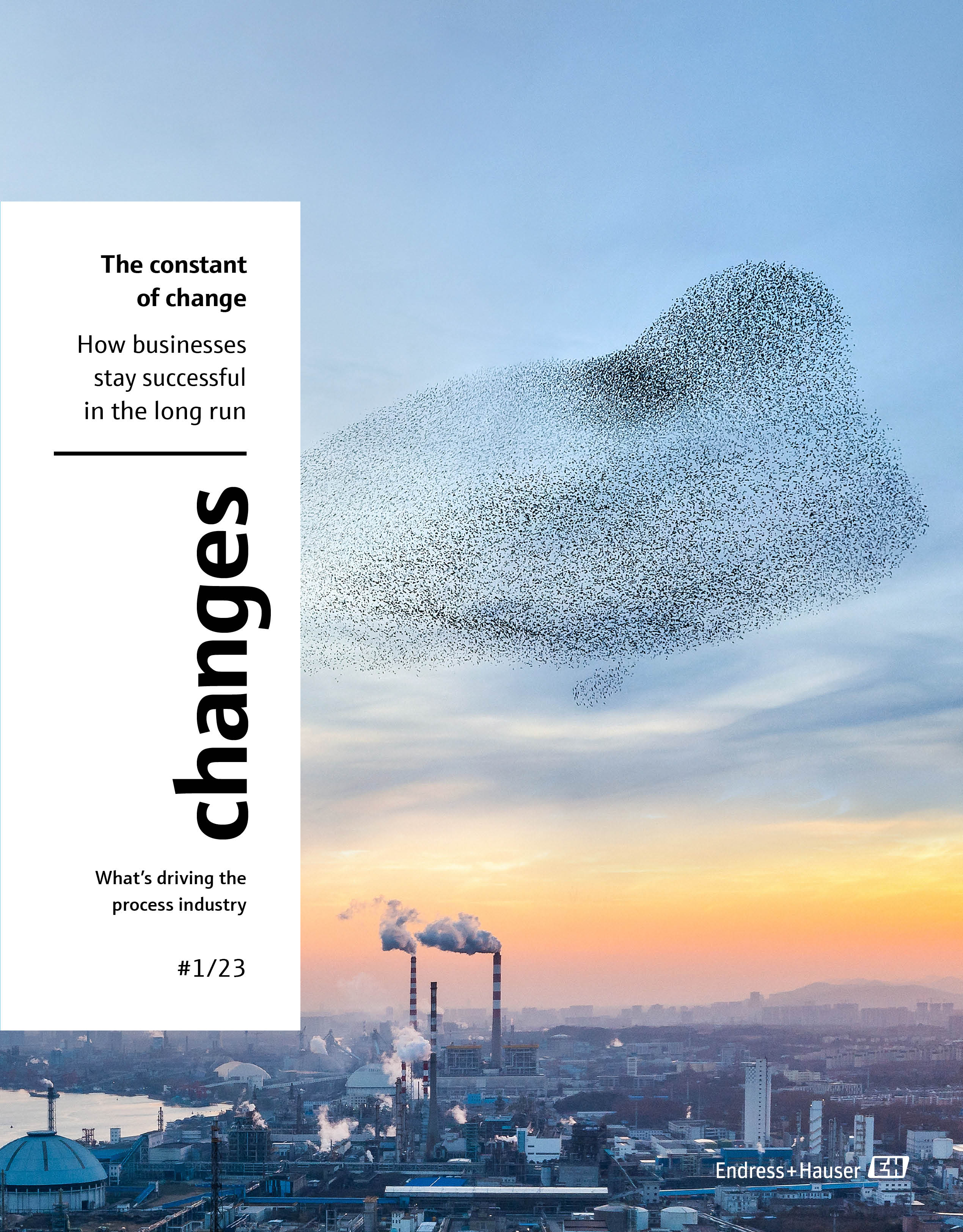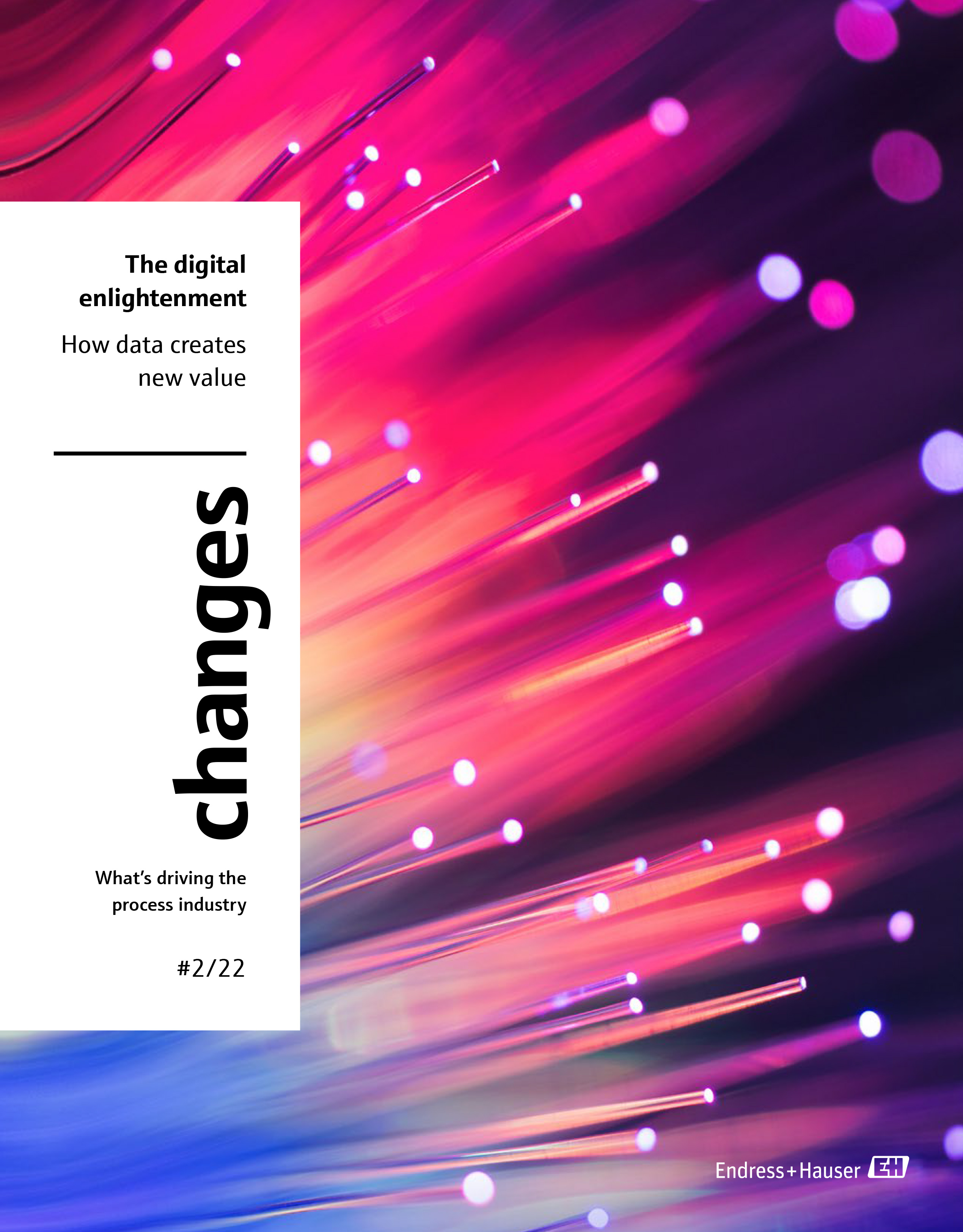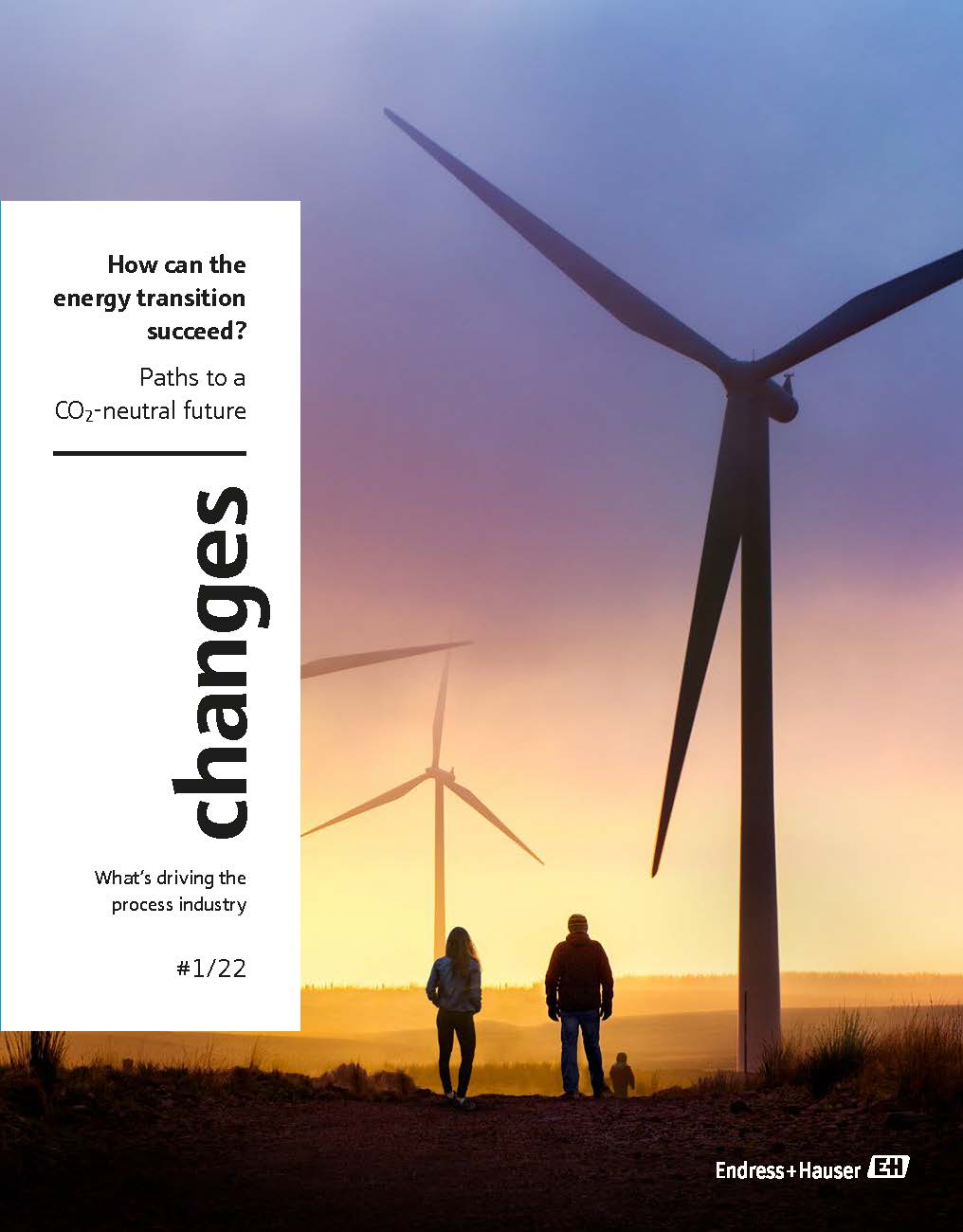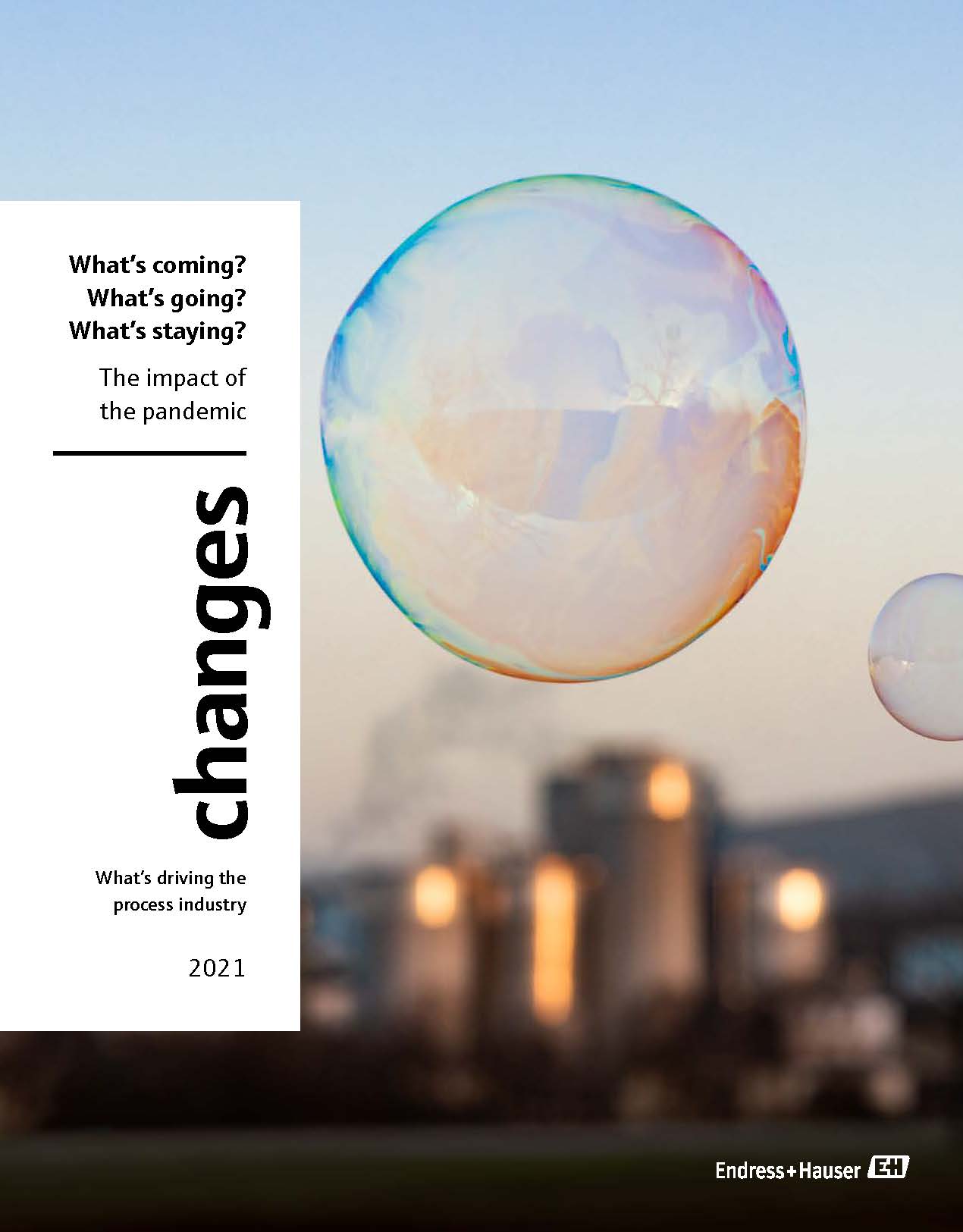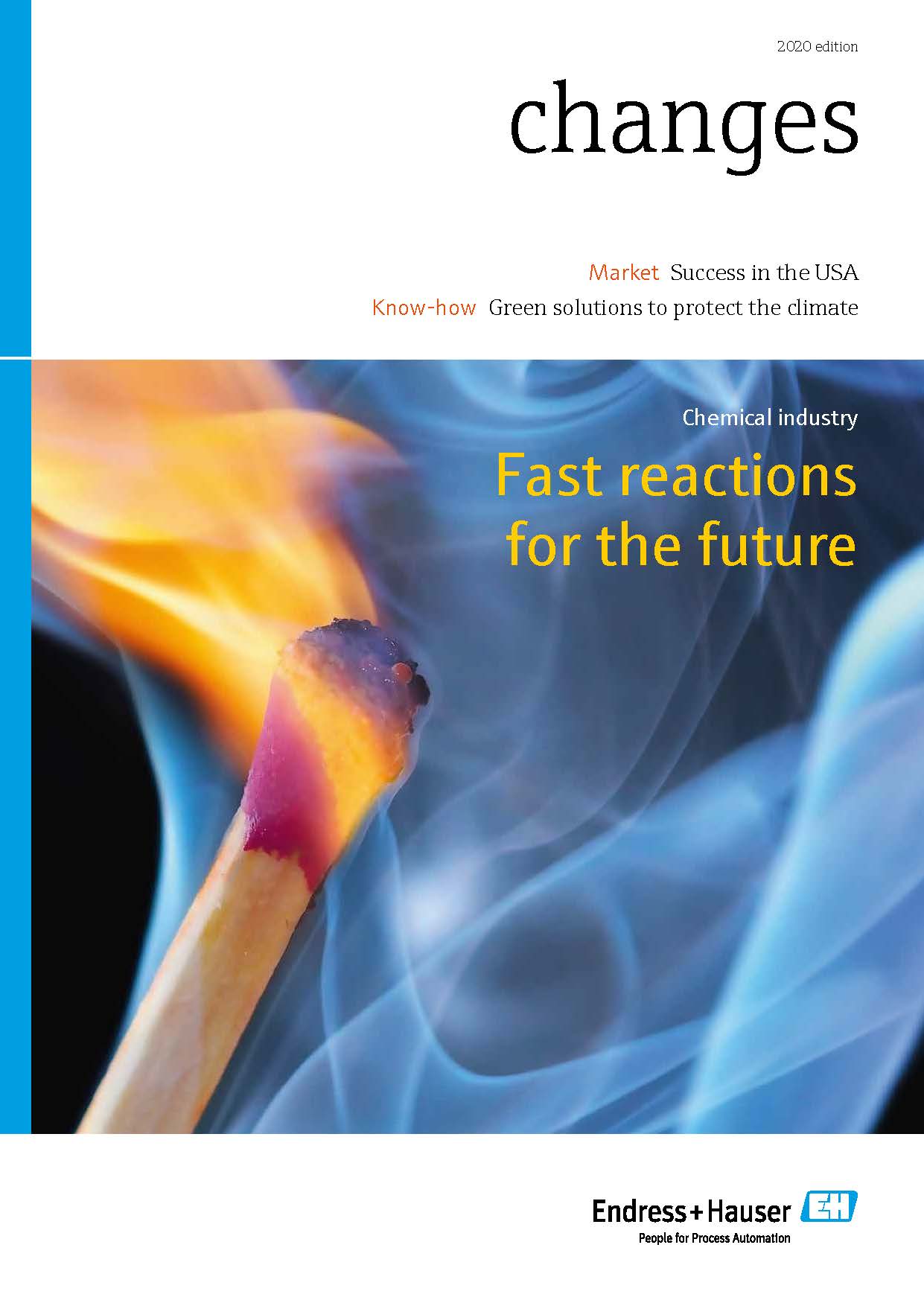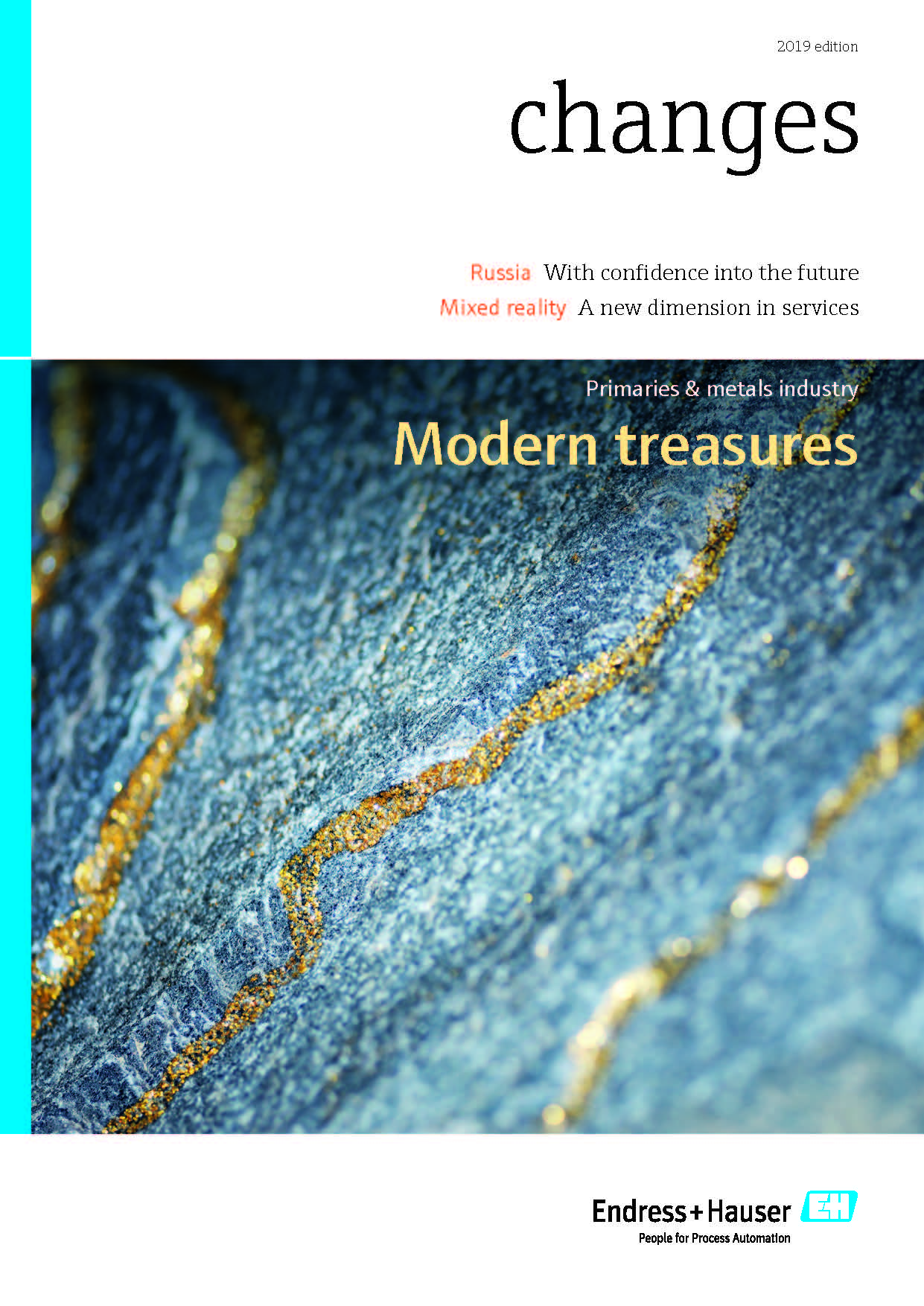A pioneer in many fields
Throughout his life, Dr Georg H Endress took the initiative and moved things forward. A hundred years later, the entrepreneur’s legacy is still visible and tangible – in the family-owned business he built up and far beyond.
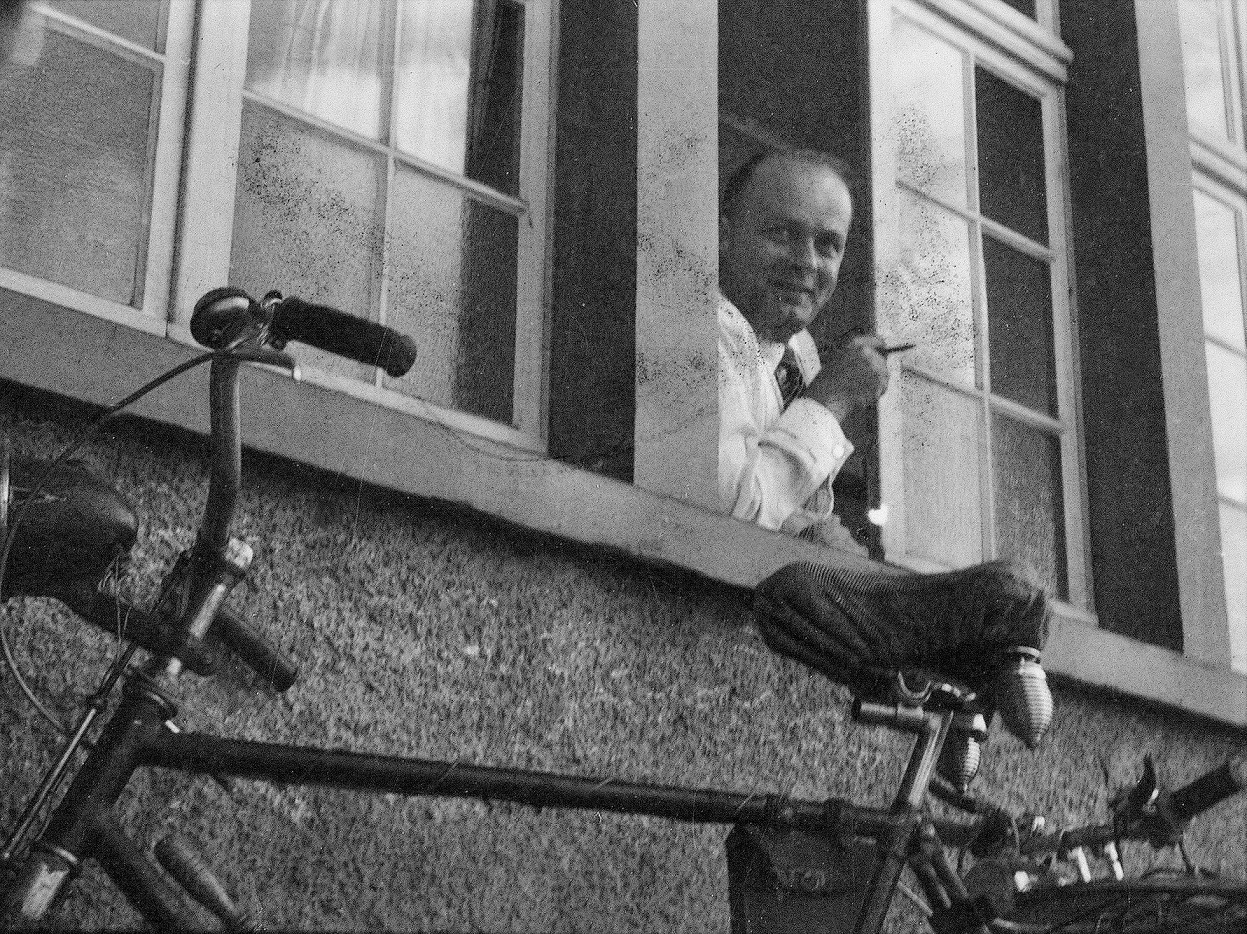
Even his early years were fast-moving: Georg Herbert Endress was born on 9 January 1924 in Freiburg, Germany, where his father ran a factory for industrial gases. He was educated in Zagreb, Croatia, where his father later worked. Georg H Endress attended secondary school in Basel. The family had moved there due to the troubled political situation in Europe instead of following his father to Paris.
Endress completed an apprenticeship as a mechanic and then worked for various companies. At the same time, he attended evening classes at technical college. But after five semesters, this came to an end: his father no longer supported him because, in his opinion, his son wanted to start a family too early. Georg H Endress had met Alice Vogt during his military service in Ticino. The couple married in 1946 and the first of eight children was born in 1947.
At that time, Georg H Endress was working for his father. He was selling British-made capacitive moisture meters to the textile industry around Basel. The young engineer had returned from a visit to the manufacturer of these instruments, Fielden Electronics, with a new type of level measuring device in his luggage and the plan to sell them in Germany from then on.
Safely through the turbulent early years
As a Swiss citizen, Endress needed a German partner for his project. The 29-year-old found his counterpart in Ludwig Hauser (58), manager of a small cooperative bank. On 1 February 1953, L Hauser KG was entered in the commercial register ‘for the sale of Fielden-Endres electronic devices’ (including the spelling mistake). The company was named after Hauser’s wife Luise, who was also the company’s first shareholder with a stake of 2,000 deutsche marks.
Development was rapid right from the start. The new owners of Fielden Electronics were uneasy about so much success: they did not want to become dependent on the German partner and terminated the contract. So in 1956, the young company started its first in-house production in rented premises. The work soon spread across several buildings – a mechanical workshop, electronics production, dispatch and offices – which the employees affectionately and mockingly referred to as the ‘United Hut Works’.
While Georg H Endress developed the business with a keen sense of the market and customers, Ludwig Hauser kept an eye on the finances. Many of the principles that Endress+Hauser still adheres to today were already taking shape at that time. Georg H Endress expanded his business step by step in order to reduce dependence on individual technologies, industries and regions. A strong focus on customers was also in the company’s DNA from the very beginning. The small start-up became an ever-larger player. This was possible because Georg H Endress knew how to inspire people for his projects who were better than he was in their fields.
Overcoming boundaries and broadening horizons
GHE, as he was known internally, always attached great importance to training and further education. He made Endress+Hauser a model company for this. He launched the trinational apprenticeship program in the Basel region, initiated the trinational engineering degree program and was committed to cross-border cooperation. He was active in the German business association WVIB and in the Upper Rhine regional association, and he also supported the BioValley initiative, a network in the field of life sciences.
When he handed over the management of the Group to his son Klaus in 1995, the company had 4,300 employees worldwide and a turnover of 680 million Swiss francs. Georg H Endress received many awards for his entrepreneurial achievements and his social commitment – including the German Federal Cross of Merit with Ribbon and an appointment as French Chevalier dans l’Ordre National de la Légion d’Honneur, an honorary doctorate from the University of Basel and honorary senatorship of the Albert-Ludwigs-Universität Freiburg.
Georg H Endress died after a short illness on 14 December 2008, a few weeks before his 85th birthday. However, his legacy remains visible, his work alive in many ways: in the company, which is now a leader in process measurement technology, in his large family that now has more than 75 members, through the Georg H Endress Foundation, which is involved in education and research, and in the many people he influenced and who still remember him today.
Published 05.01.2024, last updated 26.06.2025.
Dive into the world of the process industry through new exciting stories every month with our «changes» newsletter!
